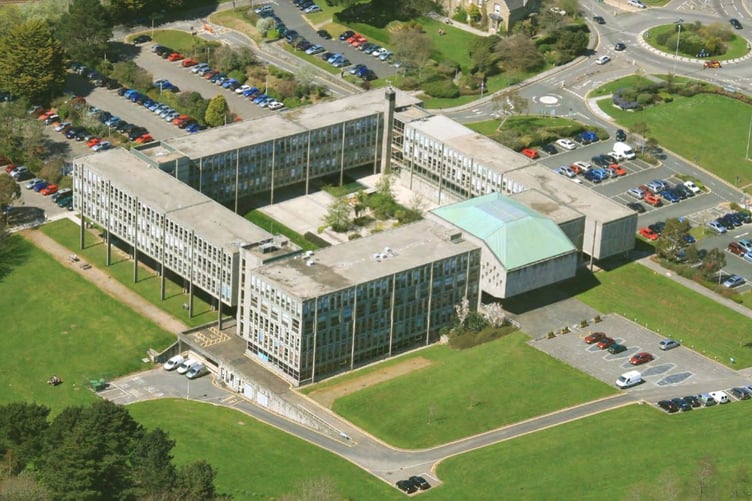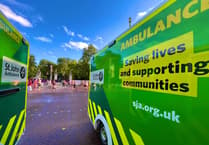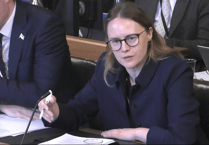CORNWALL Council is among the 15 most indebted councils in the UK. According to numbers released by the Ministry of Housing, Communities and Local Government (MHCLG), the unitary authority owes just over £1.3 billion.
The fifth largest local authority in England, Cornwall is the 12th most in debt council in the UK. The 20 most indebted councils owe a total of more than £30-billion, although the overall total for all local authorities was more than £140-billion last year.
Unsurprisingly, councils which have effectively declared themselves bankrupt top the chart. Labour-run Birmingham City Council has the most outstanding borrowing with a figure of £3.4-billion. Leeds City Council, another Labour authority, owes £2.5-billion while Woking in Surrey is in the red to the tune of £2.1-billion.
Since coming to power in 2021, the Conservative administration in Cornwall has complained that it has been unfairly overlooked when it comes to funding from central government. As a result it has struggled to balance the books when it comes to mandatory services such as social care, school transport and emergency housing.
For the third year running, the council is set to make taxpayers shoulder the burden of a maximum 4.99 per cent rise in their council tax bills to help pay for a net revenue budget for 2025/26 of £828.866-million.
The council’s dire finances – which its Cabinet says is still far off it facing bankruptcy – has led to the announcement of 100 job losses and the possible disposal of 2,000 land and building assets in a bid to increase revenue. Other controversial moves have been a push to hand over a number of previously free car parks to a private company to manage and the closure of adult education centres.
A spokesperson for the authority said: “Cornwall Council is the fifth largest local authority in England, and as a consequence has a significant budget, and multiple competing pressures on that budget. We are continually identifying savings we can make to continue to deliver a balanced budget for our essential services each year.
“The borrowing entered into by the council is only used to deliver the capital required for our public services such as housing, regeneration and local infrastructure in line with the council’s four priority outcomes. On December 31, 2024, our net borrowing, where total borrowing is offset by our investments, stands at £904-million.”





Comments
This article has no comments yet. Be the first to leave a comment.